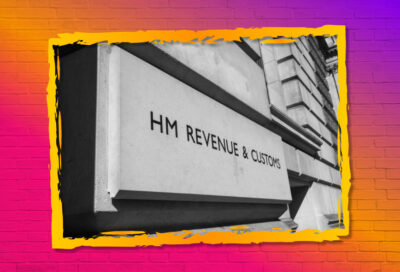With the new government deciding how to balance the country’s books, tax rises could be on the horizon. The Labour Party has said that there will be no increases to Income Tax, VAT or National Insurance. So, the spotlight is on other areas, such as Capital Gains Tax (CGT).
Whilst CGT doesn’t affect the everyday person on the street, it does impact individual business owners and investors. For example, CGT is applied to business sales, investments such as stocks and shares, as well as land and property.
What are the current rates?
The current rates of CGT are as follows:
- Main rate 20% (10% for basic rate tax payers)
- Business Asset Disposal Relief – reduction to 10% for first £1million gains (lifetime allowance)
- Residential Property (not main residence) 24% (18% for basic rate tax payers)
These rates are significantly lower than the current income tax rates of up to 45%, creating speculation that the gap between capital taxes and income tax rates will be closed.
What could change?
The new chancellor Rachel Reeves may announce increases to the CGT rates and/or reductions in existing reliefs in the expected Budget this Autumn. In terms of existing reliefs, the current annual exempt allowance has already been massively reduced to just £3,000, so there is not much to play with here.
The other target is Business Asset Disposal Relief (BADR) which provides a 10% rate of tax on certain business assets for the first £1m lifetime gains. BADR (formerly Entrepreneurs’ Relief) is designed to encourage entrepreneurs to build businesses to stimulate the UK economy.
With the new Labour government’s priority being to ‘Kickstart Economic Growth’, it would seem counter-intuitive to disincentivise entrepreneurs by restricting or even abolishing this relief. In fact, the reliefs for entrepreneurs may even be enhanced.
Other areas that could be tinkered with are the deferral of CGT reliefs on the gifts of business assets, or the tax free uplift in value that’s currently available on inherited assets.
In summary, the government has options, but a raise in the 20% main rate may be the simplest and most likely outcome, with a possible similar increase in the residential rate.
What can I do to mitigate a possible tax rise?
Speak to your CP adviser, as there are steps to be considered to realise capital gains at the current rates while taking into account current reliefs.
It’s likely that even though changes may be announced in Autumn, they will not be effective until the new tax year next April.
When selling a business, tax is just one consideration. You can find out more about preparing your business for sale here.
Where transactions have already happened, there may also be opportunities to look back and choose to pay tax. Possible actions could therefore include accelerating sales transactions, gifting certain business assets (such as shares in trading companies, if this is being contemplated) or selling property.
As any good adviser will tell you, the tax tail shouldn’t wag the commercial dog. But it’s always good to be aware of your options.
If you want to discuss the potential impact of CGT changes, get in touch.























